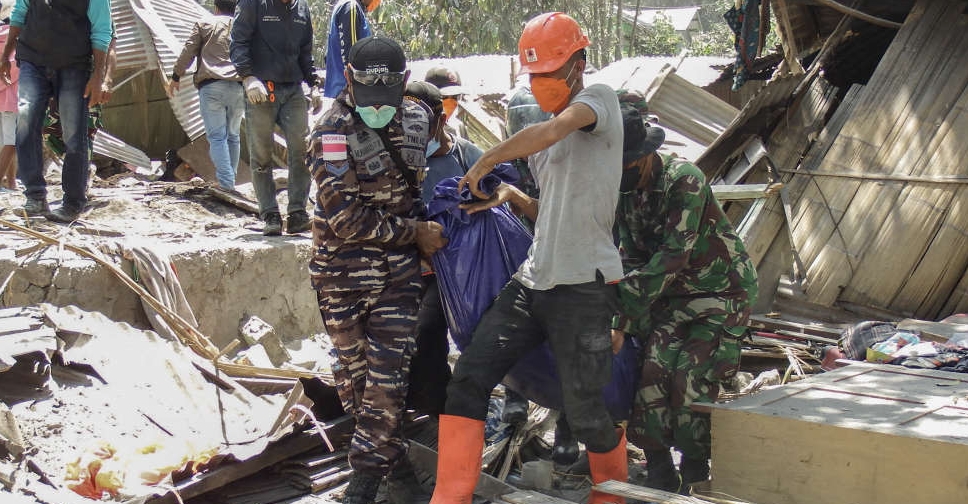
At least ten people died after Mount Lewotobi Laki-laki in eastern Indonesia erupted on Sunday, spewing explosive plumes of lava and forcing authorities to evacuate several nearby villages, officials said on Monday.
Mount Lewotobi Laki-laki, located on Flores Island in East Nusa Tenggara province, erupted on Sunday at 2357 local time (1957 GST), belching a fiery-red column of lava, volcanic ash and incandescent rocks, Hadi Wijaya, a spokesperson for The Center of Volcanology and Geological Hazard Mitigation (PVMBG), said on Monday.
"After the eruption, there was power outage and then it was raining and big lightning which caused panic among residents," he told Reuters, adding that the authority had raised the status of the volcano to level IV or the highest.
The agency has recommended a seven-kilometre radius must be cleared.
Fiery lava and rocks hit the nearest settlements around four kms (two miles) from the crater, burning and damaging residents' houses, Hadi said.
As of Monday morning at least nine people had died, said Heronimus Lamawuran, a local official at East Flores area, adding the eruption had affected seven villages.
"We have started evacuating residents since this morning to other villages located around 20 km from the crater," he said.
The nearest villages were covered by thick volcanic ash on Monday morning, Heronimus added.
The authorities are still gathering data on the number of evacuees and damaged buildings.
Indonesia sits on the "Pacific Ring of Fire", an area of high seismic activity atop multiple tectonic plates.
This eruption follows a series of eruptions of different volcanoes in Indonesia. In May, a volcano on the remote island of Halmahera, Mount Ibu, caused evacuation of people from seven villages.
North Sulawesi's Ruang volcano has also erupted in May and prompted authorities to evacuate more than 12,000 people.
Flash floods and cold lava flow from Mount Marapi in West Sumatra province, covered several nearby districts following torrential rain on May 11, killing more than 60 people.




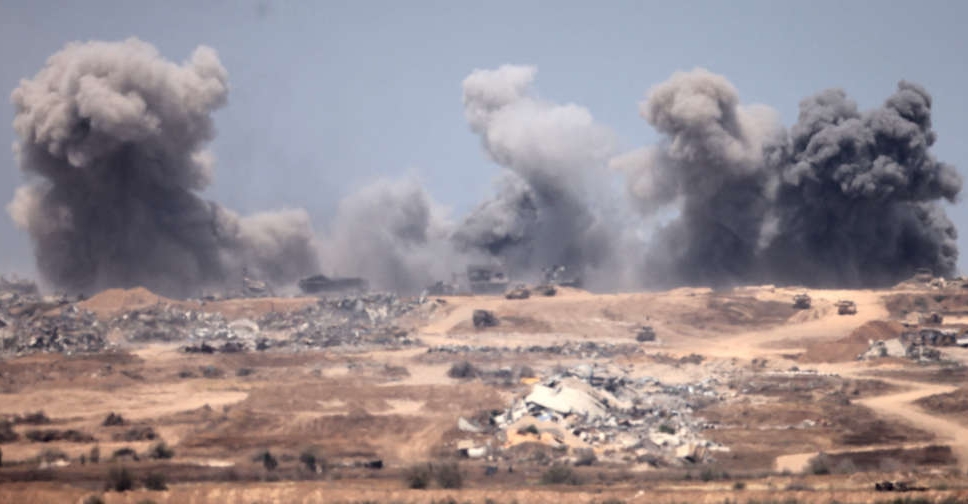 Qatari PM: Ceasefire talks on Gaza show signs of progress
Qatari PM: Ceasefire talks on Gaza show signs of progress
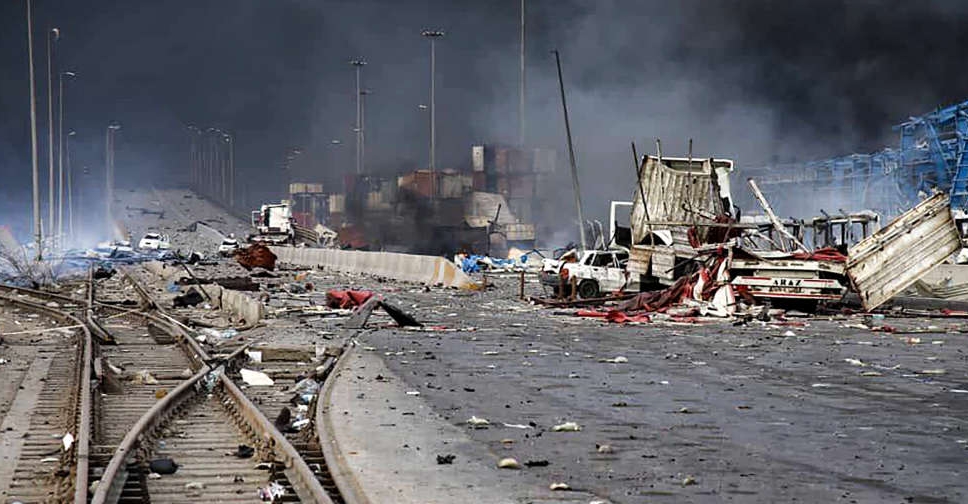 More than 700 injured in Iran's explosion
More than 700 injured in Iran's explosion
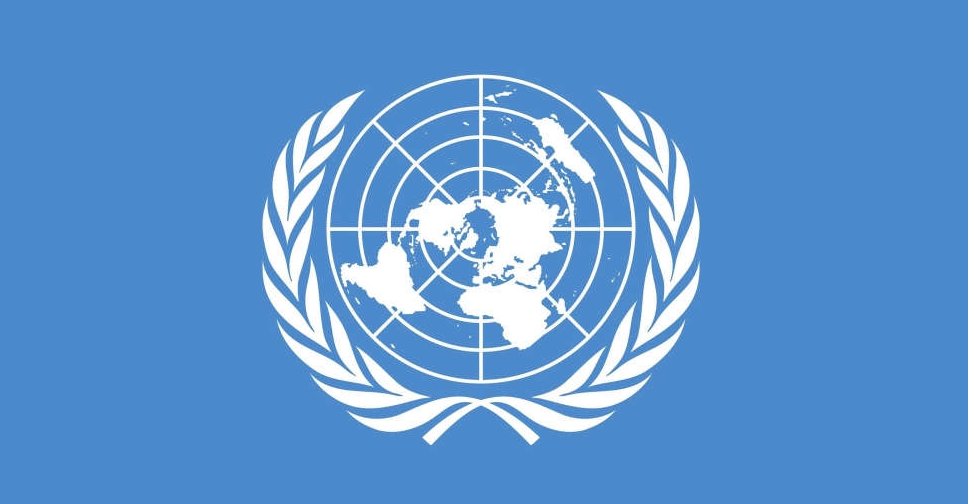 UN warns funding cuts threaten vital aid
UN warns funding cuts threaten vital aid
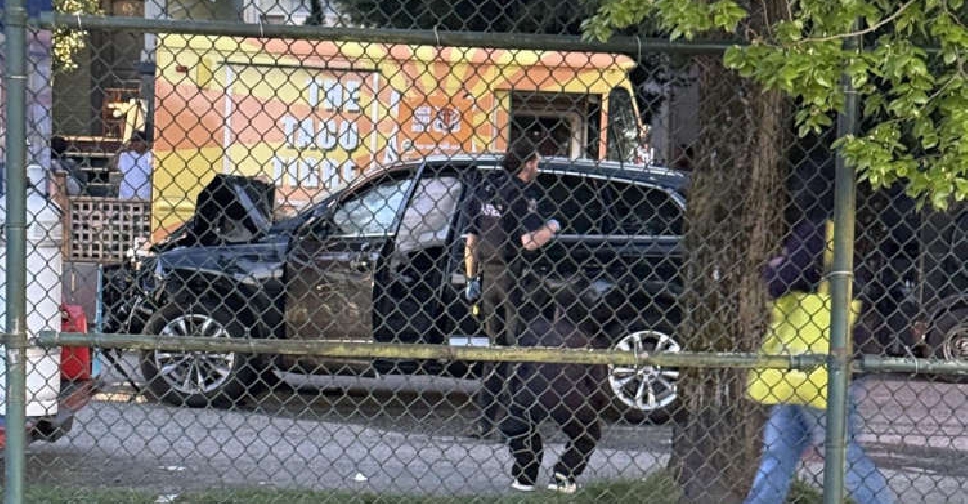 Multiple dead in Vancouver after vehicle plows into street festival
Multiple dead in Vancouver after vehicle plows into street festival


